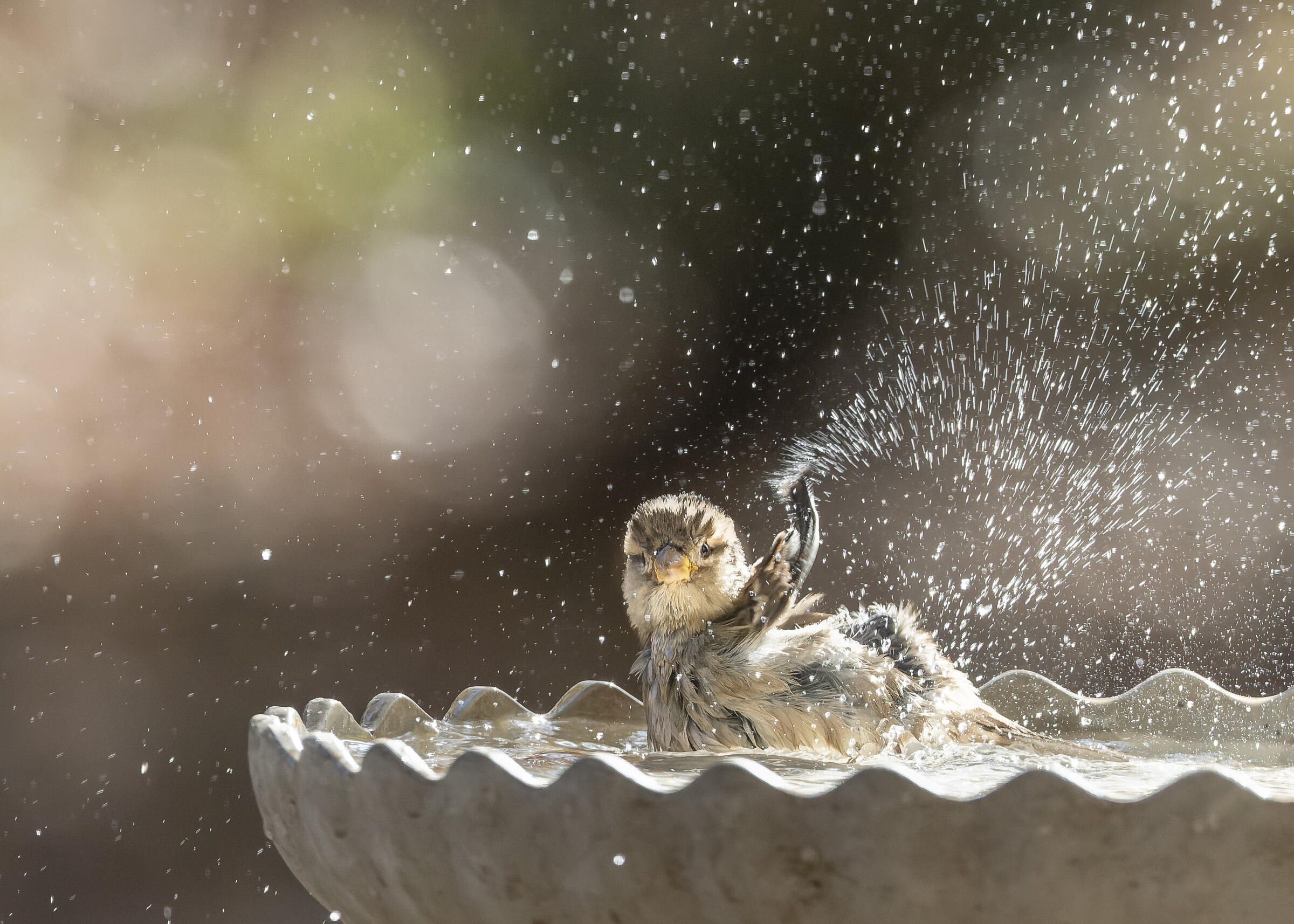By Audubon Texas with Virginia Rose, Founder & CEO, Birdability
Published March 14, 2024
Birds are accepting of everyone – they don’t mind your age, socioeconomic status, gender, physical ability, or appearance. It’s up to us to create welcoming spaces and shake off the stereotype of what defines a true birder. Once you go outside to listen or look for birds, you’re a birder!
Birdwatching or “birding” is one of the fastest growing hobbies in the United States. According to a 2022 report by the US Fish and Wildlife Service, an estimated 96 million people labeled themselves as birders – that’s almost 1 third of the U.S. population! The demographics of birders has changed over the years, reflecting a broader swath of our population, but there is still work to be done so everyone feels welcome and invited to enjoy birds. How can we create welcoming spaces? It starts by listening to and learning from those who have changed the hearts and minds of others to make birding more accessible. Over the course of 2024, Audubon Texas will bring stories of accessibility and diversity in birding with folks from across Texas who are helping to take down barriers and encourage us to think about birdwatching through a new lens and inspiring new conservationists.
Kicking off a year of discovering “entry points to conservation”, where better to start than Terry Hershey Texas Women in Conservation honoree, Virigina Rose, Founder and CEO of Birdability. Virginia envisions a birding community and outdoor spaces that are welcoming, inclusive, safe, and accessible to everyone. Birdability creates spaces for people with mobility challenges, blindness or low vision, chronic illness, intellectual disabilities, mental illness, neurodivergent, deaf or hard of hearing, or who have other health concern to experience the joys of birding.
This winter, Audubon Texas joined Virgina birding and learned more about her story and thoughts on conservation.
How did you end up in the field of conservation?
I fell in love with birding in my early 40’s. As a paraplegic using a manual wheelchair, I relished the reason to be outside again, enriching my life with birds, trails and with people who understood the importance of conservation. Birding provided a joy I’d not experienced before and a corresponding passion to learn, teach, and actively protect the birds and their habitats.
What would you consider your biggest accomplishment in conservation?
Five years ago, I realized I saw no other visibly disabled people birding. I decided to seek them out and introduce them to birding. I founded Birdability and initiated the Birdability Map, which now includes more 1000 sites with access information. Birdability has approximately fifty Birdability captains nationwide who are identifying accessible sites and conducting accessible events. Since 25% of the population has a disability, Birdability is actively turning 1 in 4 people into conservationists!
What do you consider the top challenges facing conservation in the next 10 years?
Educating people about conservation and turning each one into an activist with very specific roles to play, very specific objectives to achieve, very specific support systems and accountability boxes to check.
What is your hope for conservation in the next 50 years?
My hope is that conservation be a well structured subject in every school curriculum, K thru college. I would like to see corporations have a responsibility to support a conservation project in their service area. I would like to see developers have the same requirements.
Today, birds face pressures from habitat loss, urban threats, and climate change. Birdwatching is often referred to as a gateway to larger conservation awareness. The more variety of communities constituencies who engage in birdwatching and bird conservation, the stronger the resolve to improve the natural environment. Having more diverse voices speaking up for conservation will also help achieve environmental justice in communities that need it most.






